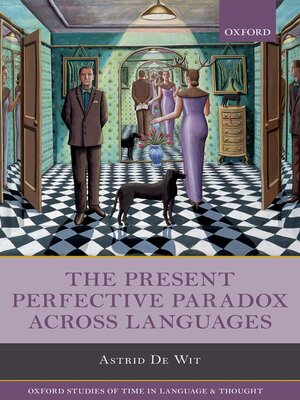The Present Perfective Paradox across Languages
ebook ∣ Oxford Studies of Time in Language and Thought
By Astrid De Wit

Sign up to save your library
With an OverDrive account, you can save your favorite libraries for at-a-glance information about availability. Find out more about OverDrive accounts.
Find this title in Libby, the library reading app by OverDrive.



Search for a digital library with this title
Title found at these libraries:
| Library Name | Distance |
|---|---|
| Loading... |
This book presents an analysis of how speakers of typologically diverse languages report present-time situations. It begins from the assumption that there is a restriction on the use of the present tense to report present-time dynamic/perfective situations, while with stative/imperfective situations there are no such alignment problems. Astrid De Wit brings together cross-linguistic observations from English, French, the English-based creole language Sranan, and various Slavic languages, and relates them to the same phenomenon, the 'present perfective paradox'. The proposed analysis is founded on the assumption that there is an epistemic alignment constraint preventing the identification and reporting of events in their entirety at the time of speaking. This book discusses the various strategies that the aforementioned languages have developed to resolve this conceptual difficulty, and demonstrates that many of the features of their tense-aspect systems can be regarded as the result of this conflict resolution. It also offers cognitively plausible explanations for the conceptual structures underlying the interactions attested between tense and aspect.







